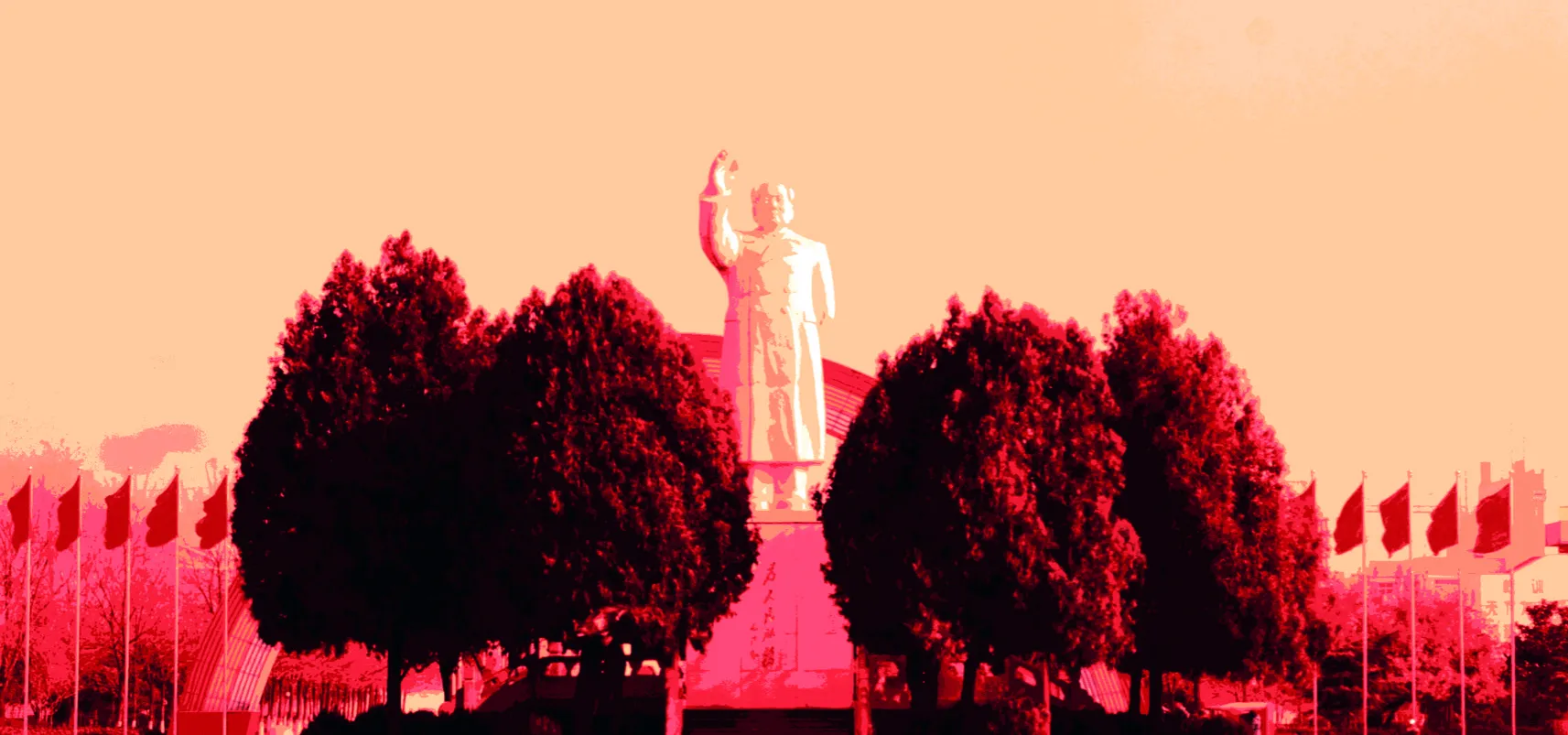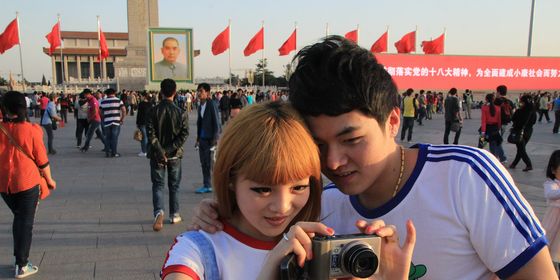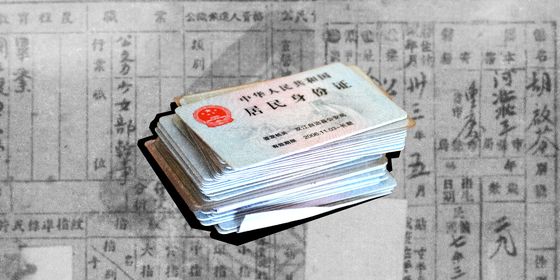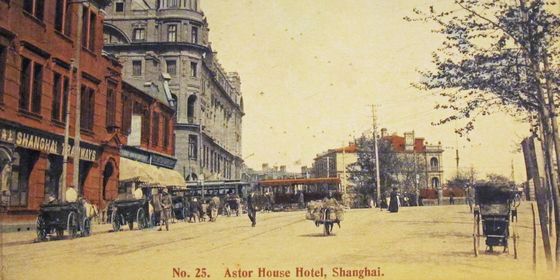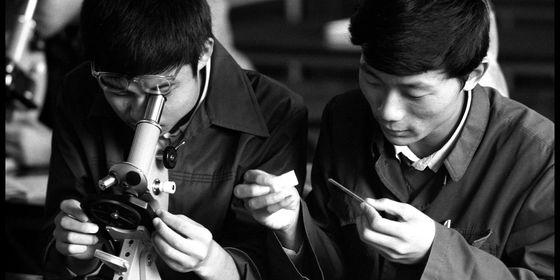We take a trip to every Maoist’s favorite travel destination: Nanjie Village
Decades ago it was common for families throughout China to place an image of Chairman Mao in the center of their home. Today this is a relatively rare sight, unless you happen to live in Nanjie village. In fact, a portrait where Mao’s smile beams from within the center of a radiant red sun is an all too common decoration for each of the village’s identical apartments. Such adornments were decided by a communal decree of the village committee, the portraits also serving as an electronic calendar and clock.
On the right of the portrait is written: “Mao Zedong is a human being, not a god.” Fair enough; however, immediately to the left, it states: “Mao Zedong Thought is better than any god.” Nanjie residents are familiar with this particular slogan: not only because they see it everywhere, but because it appears to be the guiding motto to their lives. While other parts of China went through “Reform and Opening Up” in the early 1980s, embracing the market economy, Nanjie village retained collectivization and embraced Maoism—it is now the last collective village in China.
Nanjie is a tiny place that casts a grand shadow. Part of Linying county—administered by Luohe city, Henan province, roughly 800 kilometers southwest of Beijing—the village only covers 1.78 square kilometers, housing 3,400 permanent residents. The 107 National Highway passes through the west of the village and separates it from the rest of the bustling county. One side of the highway is a typical scene you might find in any small town in a small city: grimy streets crowded with peddlers, dingy shops, and suspect-looking hair salons where young women chat away with not a pair of scissors in sight.
The opposite side of the highway is an entirely different world. Walking down the broad and not-so-subtly named Communism Avenue, it is hard to tell if you are going forward or backward in time. Everything is pristine, and a nostalgic aura infects the air. Buildings firmly in the style of the 1990s are neatly in order, red slogans stretch across complexes, and a plethora of propaganda posters paper available walls and billboards.
The heart of the village is Dongfanghong (“East is Red”) Square, on which a grand marble statue of Mao Zedong is watched by two armed guards day and night. Behind the statue stands portraits of the “Big Four”: Marx, Engels, Lenin, and Stalin, their facial hair varying in magnificence. And for background music? A speech from Mao, of course, played on a perpetual loop. The square functions in much the same way as a church might in the West: Not only do new party members take oaths here, but all new couples in the village get married in a single collective ceremony here on National Day, and bow to the Mao statue. Their wedding gifts? The Selected Works of Chairman Mao, also known as the “Little Red Book.”
Each year, up to half a million visitors from around the country (and the world) come to admire this village’s red culture as well as its lifestyle, which many villagers claim is heavenly. For starters, villagers are entitled to free medical care, housing, electricity, water, and gas. Furniture and essential electronic equipment are issued to every family. From the moment a child is born, the village arranges everything for them: free education from kindergarten to college, and even graduate school. For those who fail the college entrance exam (gaokao), the village funds their tuition at vocational school. For every villager, there is always a job waiting in one of the 26 different enterprises owned by the collective. While the outside world struggles with soaring real estate prices, medical bills, and shrinking job opportunities, all seems well in the leftist utopia that is Nanjie village.
As to how all this was achieved, Wang Hongbin, the 62-year-old Communist Party secretary of the village committee, lauds the power of Maoism: “For decades, we have been committed to Mao Zedong Thought, using it to arm and educate our people. As a result, the collective economy is developed, and we are living a fairly comfortable life with common prosperity in the near future.”





